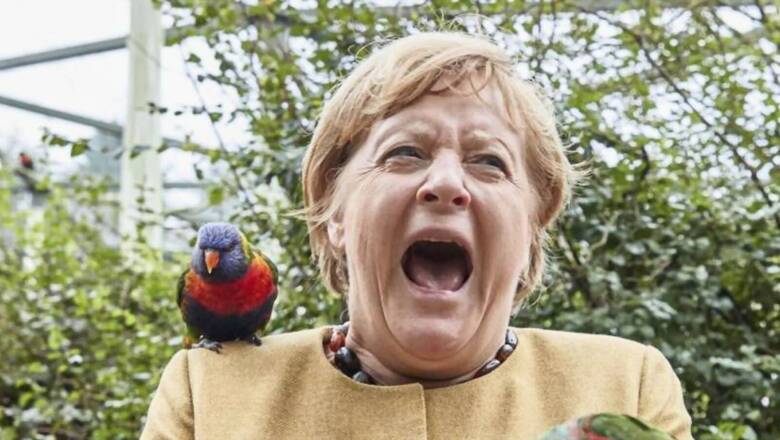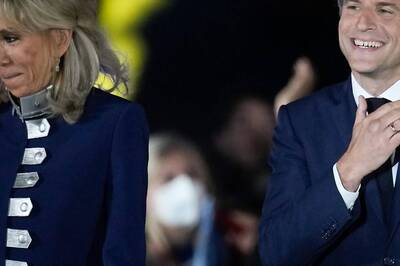
views
A communist-era hit by the “godmother of punk” handpicked by Angela Merkel will provide the surprising soundtrack to the outgoing German chancellor’s ceremonial farewell on Thursday after 16 years in office.
Soldiers in full regalia and carrying flaming torches will take part in the carefully choreographed event, accompanied by a marching band performing traditional military music and Merkel’s own playlist.
The East German pop song “Du hast den Farbfilm vergessen” (You forgot the colour film) by Nina Hagen is one of three pieces of music picked by Merkel performed in the military tattoo.
The ceremonial send-off came just days before Germany’s parliament is due to officially elect Social Democrat Olaf Scholz as Merkel’s replacement, putting the centre-left politician in charge after 16 years of conservative-led rule.
Known for her regular attendance at Bayreuth opera festival, dedicated to the composer Richard Wagner, Merkel surprised military band leaders and political commentators alike with her unusual playlist.
Asked at a press conference Thursday about the pick, Merkel said it harked back to her younger days in communist East Germany.
“The song was a highlight of my youth… The song also came from East Germany and, coincidentally, it is still played in a region that used to be my constituency. So everything fits today,” she said.
Merkel was born in the port city of Hamburg, but her father, a Lutheran clergyman and a schoolteacher, moved the family to a small-town parish in the communist East at a time when tens of thousands were headed the other way.
Hagen, who began her career in the East, emigrated to West Germany and became a leading figure in the punk scene of the 1980s.
An orchestral arrangement of the song, first released in 1974, was specially written by a music corps clarinetist for the ceremony.
Touching sixties ballad “Fuer mich soll’s rote Rosen regen” (It should rain red roses for me) by Hildegard Knef and the hymn “Grosser Gott, wir loben dich” (Holy God, we praise thy name) completed Merkel’s selection.
Her choices reflected Merkel’s ability to “send messages better with gestures than with words”, the German daily Sueddeutsche Zeitung wrote.
The military ceremony, known as a “grosser Zapfenstreich”, has its origins in the sixteenth century and is the highest tribute paid by the German army.
The rapid increase in coronavirus cases in Germany in recent weeks means attendance at the ceremony in front of the German defence ministry in Berlin will be limited.
Guests will be required to show they have protection from the virus, present a negative test and wear a mask.
Read all the Latest News here




















Comments
0 comment